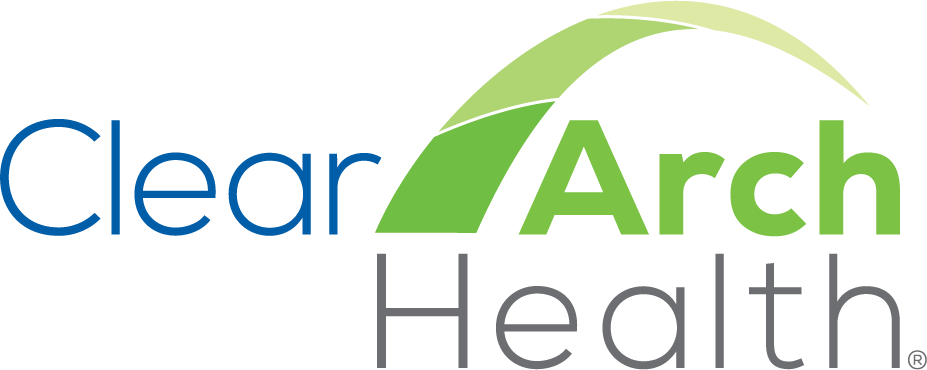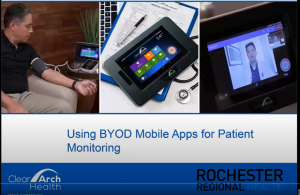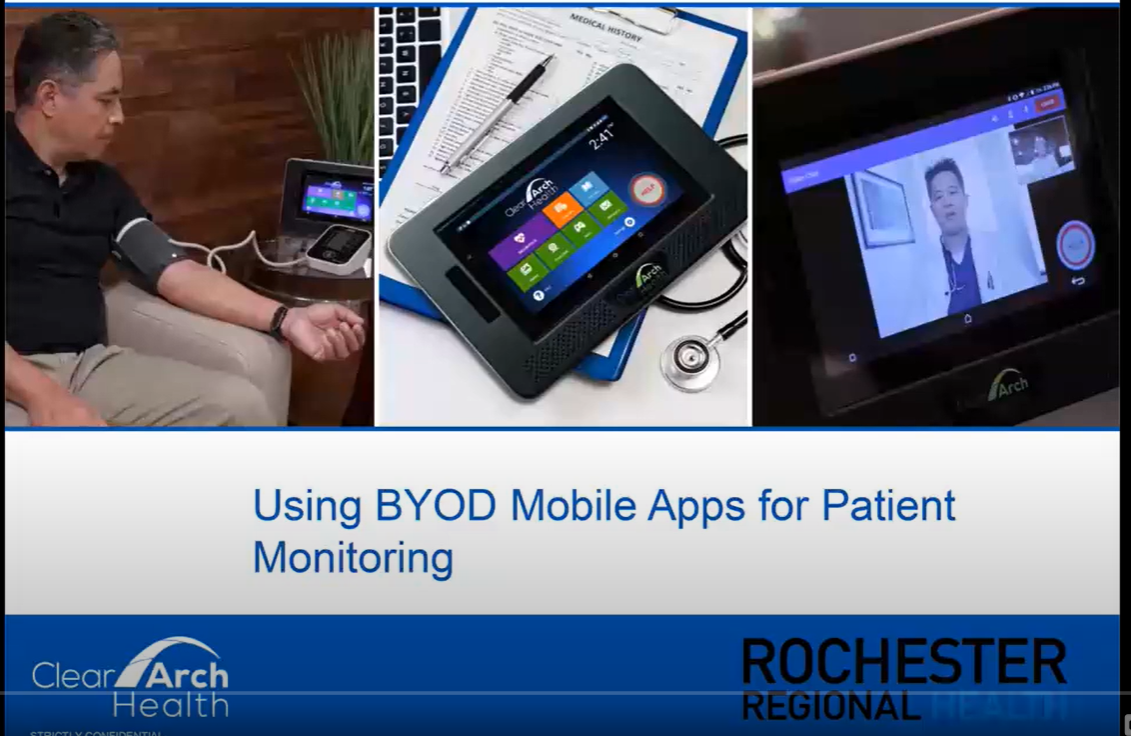Hospitals and health systems across the world have become overwhelmed with COVID-19 patients. The pandemic, which began in late 2019, fast became a top priority for care providers and health systems, leaving the continuity of care for patients disrupted and deprioritized.
With the focus on the pandemic, elective surgeries and other non-emergency services were delayed or halted altogether. Medical centers and physician offices opted for virtual care over in-person visits. To support those efforts, the Centers for Medicare & Medicaid Services (CMS) enacted waivers to allow for increased utilization of telehealth to avoid disruptions in care, especially for those patients with chronic conditions who are at increased risk during this pandemic.
Additionally, necessary supplies and equipment, which were once accessible, abundant, and used to treat an array of illnesses and protect health care workers, became scarce and were allocated as COVID-19-only resources.
As the country began to open back up, COVID-19 cases and deaths continued to disrupt and impact certain areas. Because of COVID-19 and fears of exposure, many people postponed or avoided their own medical care, according to Kaiser Health News.
According to another Kaiser article, emergency room volume was down by as much as 40-50 percent for some hospitals. Stroke centers recorded decreases from 50 to 70 percent. According to a CDC report, 90 percent of U.S. adults hospitalized for COVID-19 in March 2020 had at least one underlying condition.
Although this is not entirely surprising, given the severity of COVID-19 – from life-threatening symptoms to its rampant spread – avoiding necessary care could exacerbate symptoms or lead to higher incidences of death. In fact, many physicians believe that people are suffering from strokes, heart attacks, bowel obstructions and other serious conditions at home, and that these instances are being vastly underreported.

Stay Healthy During the Pandemic
During COVID-19, those with underlying conditions or compromised immune systems may be at even greater risk of severe illness and even death. According to the American Heart Association (AMA), approximately every 40 seconds someone in the U.S. will have a heart attack and someone else will have a stroke.
Although there is still a lot to be learned about the impact of COVID-19, according to the same CDC report aforementioned, approximately 50 percent of those who had been hospitalized for COVID-19, and found to have at least one underlying condition, compared with about 35 percent who had chronic lung disease.
Yet despite time to treatment being a critical component, some related copays and other costs being waived, and hospitals taking extra precautions to ensure the health and safety of patients (sanitation, stringent protocols, etc.), many people continue to stay away from emergency rooms and avoid calling 9-1-1, even when they know the risks. And, they are not seeking the help they need – not only when it comes to their physical health, but mental health as well – all of which can impact one’s overall health.
Below are seven helpful tips for staying healthy during the COVID-19 pandemic:
- Do not delay your medical care, especially if you have signs of a life-threatening condition. Call 9-1-1, press your PERS button, go to the hospital – whatever means is necessary.
- If you get COVID-19 and have an underlying heart condition, seek help immediately and/or regularly check in with your physician. Do not ignore warning symptoms that require urgent attention (i.e. heart attack symptoms to look for, according to the American Heart Association).
- Always defend yourself against the virus by practicing sanitary guidelines recommended by the Centers for Disease Control and Prevention (wash your hands, wear protective equipment such as a mask, dispose of tissues after use, sanitize surfaces, practice social distancing, etc.).
- Exercise and eat well to keep your mind and body healthy.
- If you are having financial or other hardships, speak to someone.
- Find an activity you can enjoy (take a walk, exercise, sleep, meditate, read a book, etc.).
- Know your resources – hotlines, CDC website, how to stay heart healthy, what PPE to use, etc.
Know you are not alone. This is a difficult time for everyone, and we are all being impacted in one way or another.
Reach out to Clear Arch Health for more insights. Visit us at Clear Arch Health.








